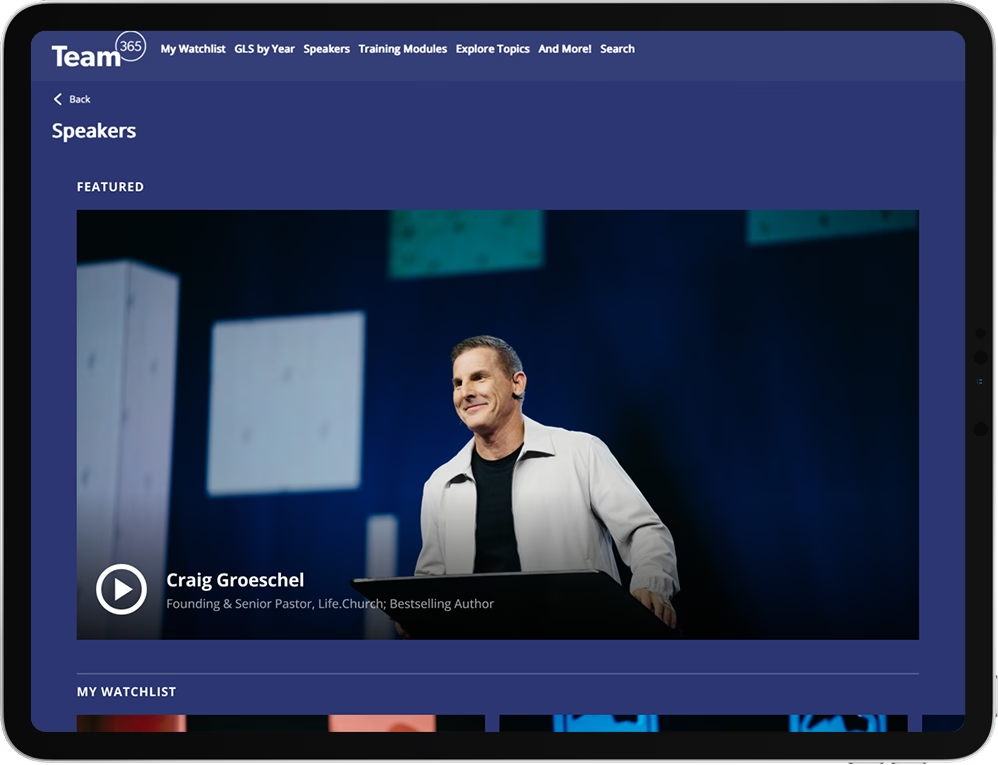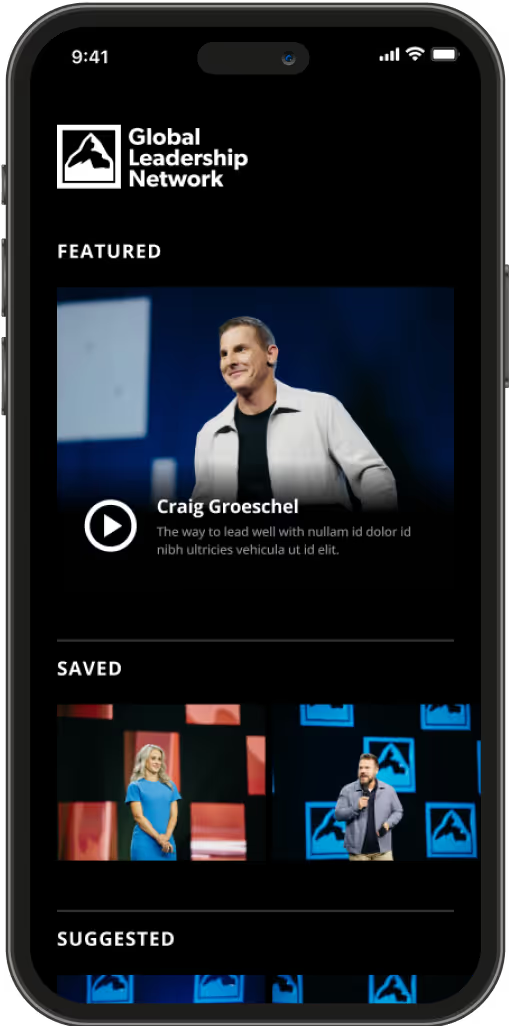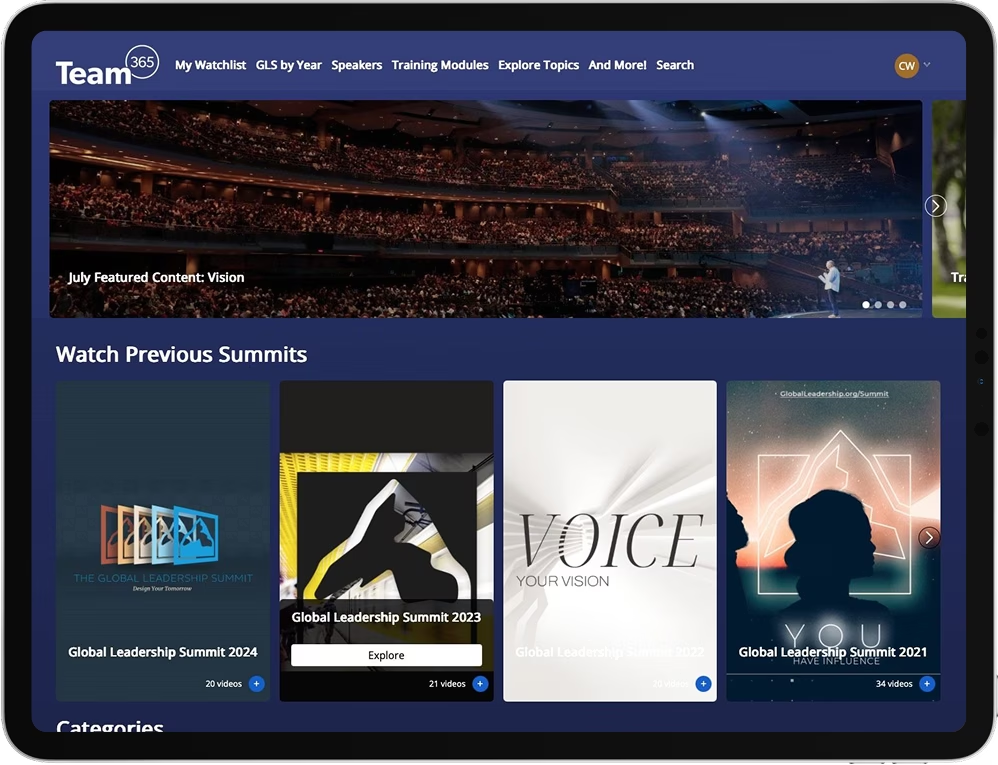Good hiring checklists—the best ones—are inextricably linked to your organization’s mission. Deeper still, they’re linked to the specific skills and behaviors you’ve ascertained will achieve that mission. Now, we understand there are also a number of “must-have” traits that most managers look for in the hiring process. Integrity is one of them, and of course, you want it on your list. It’s a simple “go/no-go” prerequisite, no matter how attractive the candidate is on every other front. Also in this “must-have” category, the widely popularized components of emotional intelligence: self-regulation, self-awareness, internal motivation, empathy and social skills.
Successful hiring takes discipline; that’s it. It takes knowing the particular skills and behaviors your particular organization needs to win, probing candidates to see if they possess them and signing on only those people who do. And here’s the thing. You still might miss now and again; hiring’s like that. But up your odds with rigor. Good hiring demands the opposite of winging it.
As with every pronouncement like the one we just made, there are a few critical addendums and caveats that go along with it. Sort of an “uh-oh” folder to carry with you during the hiring process, if you will. Ours would contain the following notes.
IQ Over All
No matter which three or four or five mission-driven skills and behaviors you have on your hiring checklist, make sure the list also includes IQ. In today’s business environment, the playing field isn’t level. It is tilted toward the team with the smartest people.
Personality Matters
Especially a bad one. Glum, annoying, overbearing, phony or otherwise unpleasant people always seem to have a way of drawing attention to themselves, don’t they? And in a work setting, they can bring a whole team down. Obviously, if a candidate possesses exactly the dazzling technological capabilities you cannot live without, you might make an exception. But, man, should that bar be high. While you can’t train negative energy out of a person, a person—yes, even one person—can sure infect your organization with it.
Drama-Free
Certain industries, and in particular, the creative industries, contain a higher than normal quotient of—how can we say this?—drama-seekers. You know—the people who love spectacle, in particular with themselves at the center as the main attraction. Unfortunately, such people tend to be very talented, or else they wouldn’t so often end up as candidates on your short list, with you thinking, “Hmmm, I really like Bob, but he seems extremely…emotional.” The problem with excess emotionality is that it expands to fill the space available to it, spawning junk like palace intrigue, gossip and repeated personal dilemmas. People get married and divorced. They buy homes. Most employees know how to handle these life events with the proper amount of sharing. Drama-seekers can’t go through them without an audience. Sometimes their talents are worth the cost in lost productivity. But not often.”
Beware the “Swell” Factor
Next, be on alert for any person who doesn’t get that he’s, well, just a person. We’re talking about a surfeit of self-confidence. Don’t get us wrong. Healthy self-confidence is a must-have, as it’s the font of resilience. But when it seems like someone you’re interviewing for a job might have the propensity to swell instead of grow, that’s an arrogance high-alert. Stay away.
Face into References
Finally, your uh-oh list needs to include the question, “Did I check the candidate’s references—like, did I really check them?”
Yes, of course we understand that many reference checks are BS. Either the candidate has handpicked someone who’s going to spew superlatives—why wouldn’t they?—or you end up with an executive who gives you the usual CYA, “We don’t discuss former employees” line.
Don’t leave it at that. Bust your butt to find someone who really knows the candidate. Then listen—to what is and isn’t being said. If you’re getting blasé commentary or lack of detail about achievements, do not hold the phone away from your ear, though it will be tempting. Fight also the urge to make excuses for your candidate. (“That company is a mess; they didn’t appreciate Kathy.”) You must face into references, especially the bad and the ugly.
If you don’t, three months after Kathy starts to flail on the job, the person at whom you’ll be yelling, “I told you so!” will be yourself.
Related

GLS22 Special Edition Notes—Unleashing Human Magic

GLS21 Notes: Rebel Talent

GLS21 Notes: Collaboration, Creativity & Conviction
.jpg)
Leading the Spark: 5 Books on the Intersection of Creativity and Leadership

“Thank You for Seeing Us as People”: Leadership and Hope Inside Graham Correctional Center

The Tech CEO who sold his home to live with the formerly homeless
Leadership That Lasts
Team365 isn’t just a platform. It’s a commitment to grow, lead and live with purpose — every single day. Whether you’re here for content, community or clarity, you’re in the right place. Your leadership matters. Let’s keep going.





